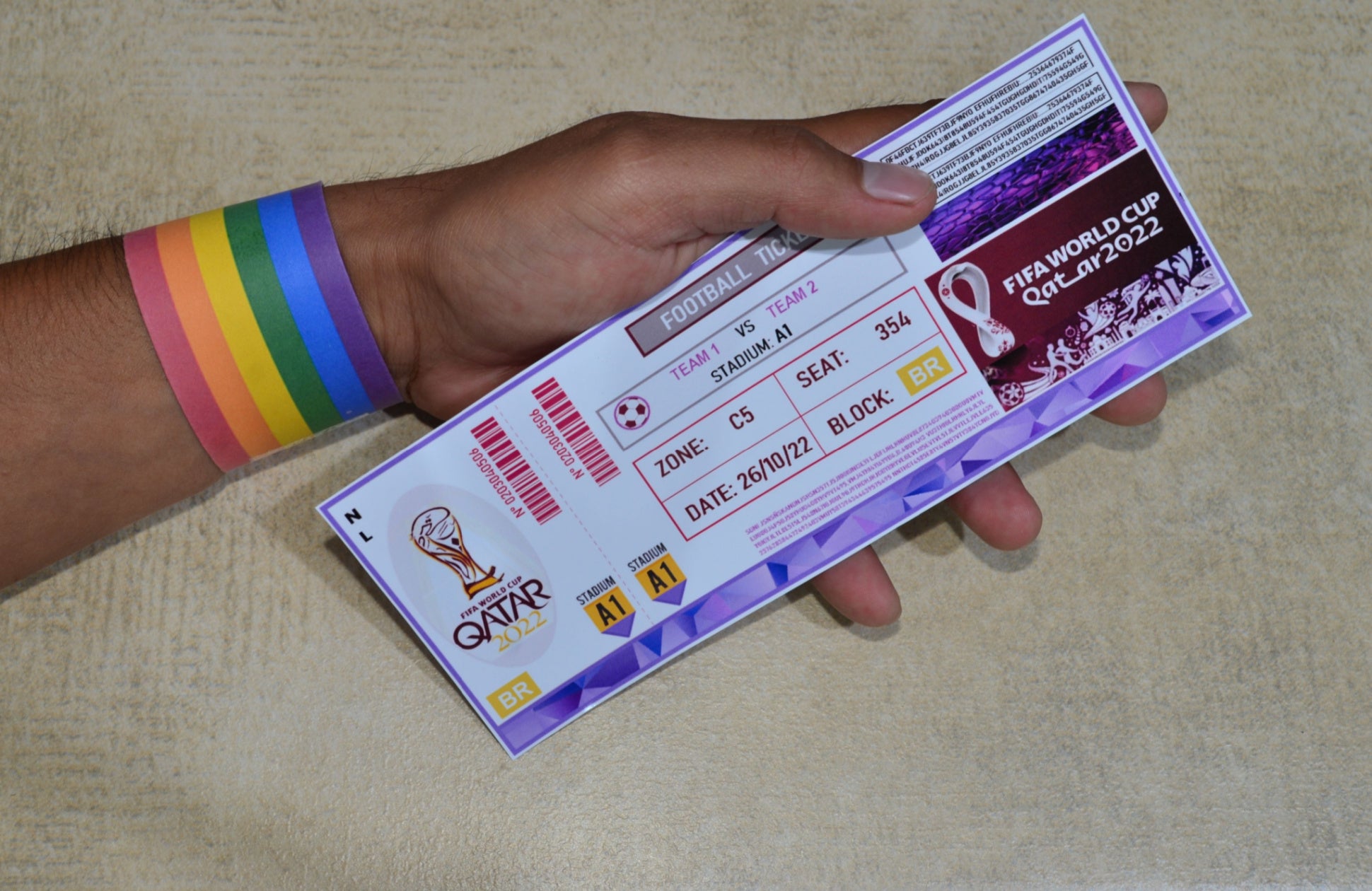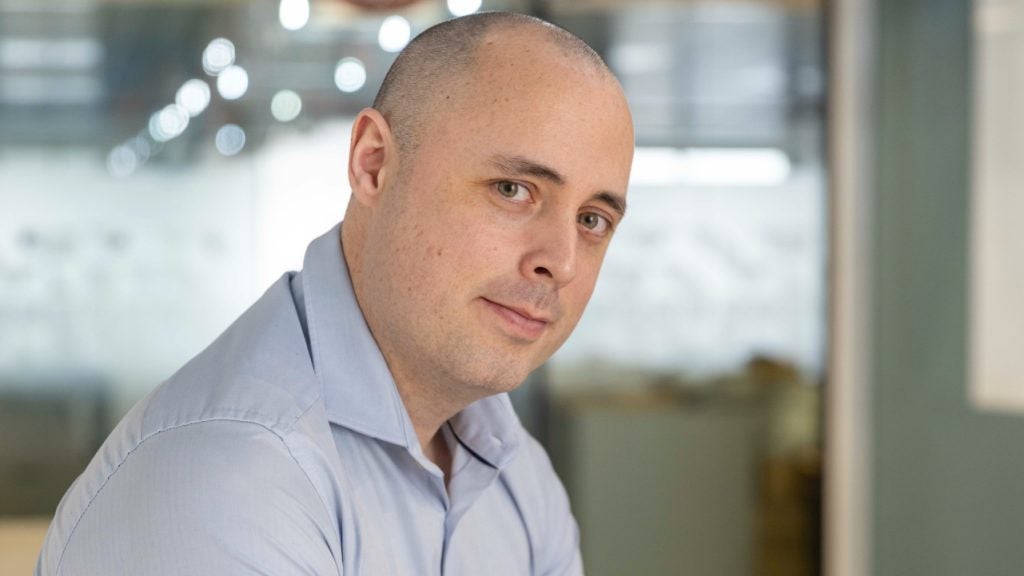Since Qatar was awarded the World Cup in 2010, critics have declared that it would use the hosting of the tournament as a way of ‘sportswashing’. Many have pointed to the human rights abuses, anti-gay laws, and treatment of migrant workers, where over 6,500 workers died in the construction of the World Cup stadiums, as reasons why the World Cup should not be hosted in the small Gulf state.
GlobalData defines sportswashing as the practice of an individual, group, corporation, or nation-state using sport to improve its reputation, through hosting a sporting event, purchasing or sponsoring sporting teams, or participating in the sport itself.
Qatar has reportedly spent a grand total of $220 billion on hosting the World Cup. Analysis from The Economist shows that the only World Cups to actually earn more than they cost were Russia in 2018 and Mexico in 1986. As such, hosting the World Cup is clearly not an economic decision, but much more of a social and political one.
The decision to award the World Cup to Qatar may have been concealed under layers of corruption, but the intentions of the Emir Sheikh Tamim bin Hamad al-Thani, the Qatari Head of State, are certainly transparent. For the Emir, the Qatar Football World Cup represents a major opportunity: to paint his country in a more favorable light.
Sportswashing: a chapter from the dictator’s playbook
Sportswashing is not new to football and the World Cup is not even Qatar’s first or only attempt at it. Following the decision to award the World Cup to Qatar, the Qatari Royal Family decided to buy Paris Saint Germain, France’s most prominent football team.
This is a similar move to when Roman Abramovich, the Russian oligarch who has historically had ties to Russian President Vladimir Putin, allegedly bought Chelsea to secure his investments in London, as well as improve his image and justify his wealth through other means. Even businesses can use sports to improve their image. Russian state-owned energy giant Gazprom sponsors the UEFA Champions League.
How well do you really know your competitors?
Access the most comprehensive Company Profiles on the market, powered by GlobalData. Save hours of research. Gain competitive edge.

Thank you!
Your download email will arrive shortly
Not ready to buy yet? Download a free sample
We are confident about the unique quality of our Company Profiles. However, we want you to make the most beneficial decision for your business, so we offer a free sample that you can download by submitting the below form
By GlobalDataSportswashing does not work well for tournaments
In many ways, the reason why these dictatorships buy football clubs, or why their state-owned companies sponsor them, is because sportswashing works. For the most part, it sanitizes the image of a brutal regime by making it known for something other than its brutality. However, in the case of Qatar, this does not work.
Coverage of human rights abuses in Russia or Saudi Arabia has been a regular theme in the news for a long time, while the UK and US have traditionally had close albeit shaky relationships with Saudi Arabia since the end of World War Two. Naturally, western media has covered human rights abuses and human rights groups have campaigned for governments to cut ties with these regimes. It is the very prominence of these countries which has led to an increase in scrutiny. Thus, Qatar may be successful in raising its prominence around the world, but that will only happen alongside commensurate scrutiny over its domestic human rights abuses and treatment of migrant workers. For Emir Sheikh Tamim bin Hamad al-Thani and his cronies, the state’s attitudes towards human and workers’ rights have shone through. It is no surprise that a country that did not have a minimum wage until very recently and had lax labour safety standards witnessed by the death of so many workers.
Why the spotlight will remain on Qatar
Ultimately, the nature of a tournament is entirely different from buying and running a football club. Where football club owners buy players, World-Cup-hosting nations have to build stadiums and infrastructure. When a country hosts a tournament of this scale, the tournament itself comes to reflect the views of the organizers. In Qatar’s case, there have been instances of journalists being told not to film and supporters of the LGBTQ+ community with rainbow-clad t-shirts, hats, and other clothing items being turned away from stadiums or having their items confiscated.
Naturally, these instances have been reported far and wide by the media and the result has been greater scrutiny of Qatar than ever. As Qatar’s status is elevated around the world, this spotlight shows no sign of moving away from the country once the tournament is over. Prior to the tournament, there had been discussion about whether the brutal midday sun in Qatar would render matches unplayable. But in the end, in terms of human rights violations, sunlight has once again proven to be the best disinfectant.





Related Company Profiles
Gazprom